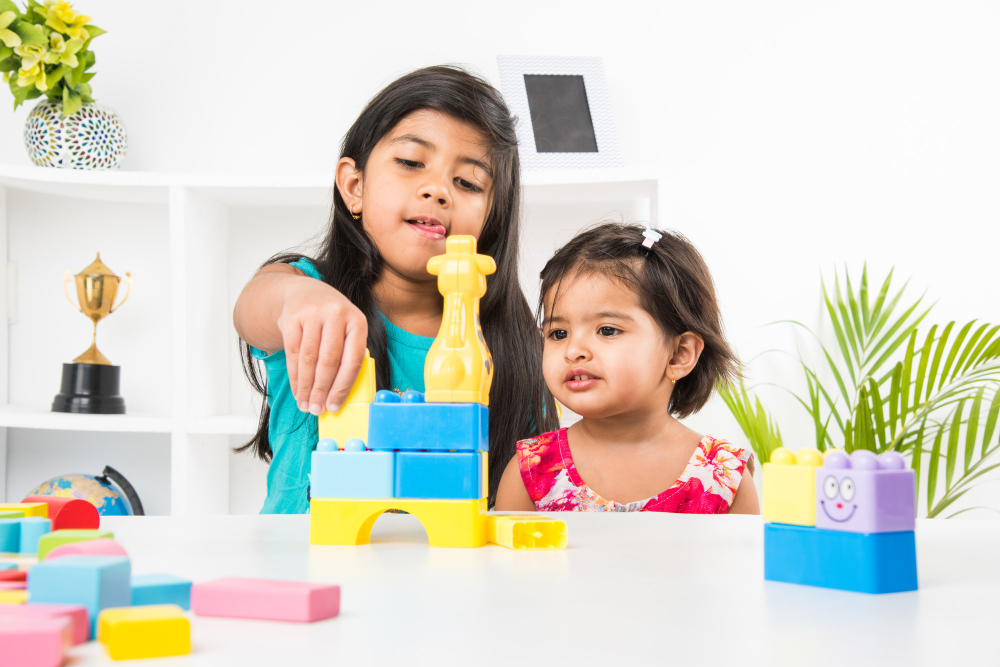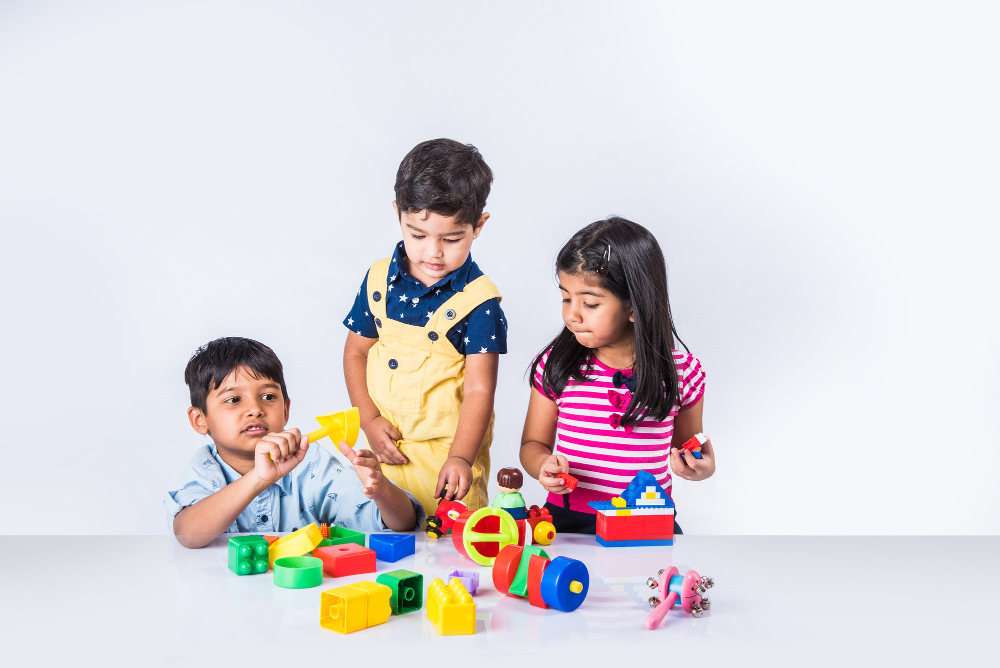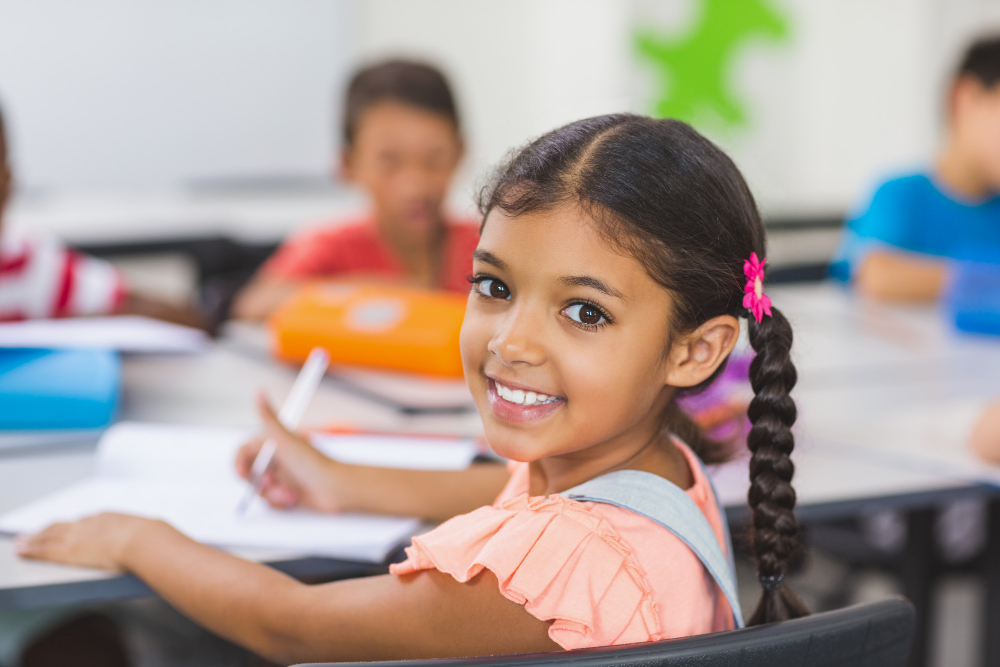The Montessori Preschool Education Approach
The Montessori approach to preschool education offers a unique and effective way to foster a child's early development. This essay explores the key principles and components of Montessori preschool, highlighting its significance in nurturing a child's intelligence, independence, social skills, and creativity. By providing an overview of the Montessori method, this essay aims to demonstrate the educational value it offers not only for preschoolers but also for high school students interested in understanding early childhood education.
The Montessori preschool curriculum emphasizes individual learning and tailored education. Students are guided to independently explore various subjects and topics at their own pace. This individualized approach allows for a deeper understanding of different concepts as it taps into each child's unique interests, abilities, and learning style.
Montessori preschool classrooms are meticulously designed to create an environment conducive to learning and exploration. Teachers set up "prepared environments" that offer a wide array of educational materials, fostering hands-on learning experiences. These materials are specifically designed to engage children in activities that promote language, mathematics, sensorial development, and cultural exploration.
One key aspect of Montessori preschool is the emphasis on promoting independence in young learners. Children are encouraged to develop self-reliance and autonomy by actively engaging in practical life activities. These activities include dressing themselves, preparing snacks, and maintaining cleanliness in the classroom, providing foundational life skills that will benefit them beyond their preschool years.
-
Toddler's
Welcome to our vibrant toddler's class! Join us for a joyful journey of exploration and learning, where little ones engage in age-appropriate activities, sensory play, and social interactions, creating a nurturing environment for their early development and growth
-
Nursery
Enroll your child in our nurturing nursery class, where they'll embark on a journey of discovery, creativity, and social development. Through play-based learning, caring guidance, we cultivate a love for learning and provide a solid foundation for their educational journey
-
Jr. Kg
Step into our dynamic Jr. KG class, where young learners explore a world of imagination, literacy, and numeracy. Through engaging activities, storytelling, and hands-on experiences, develop essential skills, and ignite their curiosity to fuel future academic success
-
Sr. Kg
Prepare your child for a successful transition to primary school in our enriching Sr. KG class! With a focus on foundational literacy, critical thinking skills, we provide a supportive where children engage in interactive learning, creativity, and preparing them for a bright academic future
Social development is another significant aspect of Montessori preschool. The mixed-age classroom setting promotes collaboration, empathy, and cooperation among students. Older children act as role models for younger ones, contributing to a supportive and inclusive environment that fosters social skills and emotional intelligence.
Montessori preschools prioritize the development of concentration and focus in children. Through engaging and challenging activities, students learn to concentrate on tasks for extended periods, enhancing their attention spans and overall cognitive abilities. Such skills are beneficial for high school students as they navigate complex subjects that often require focused study.
Creativity plays a fundamental role in Montessori preschool education. The open-ended nature of the materials encourages children to express themselves artistically and explore their innate creativity. This emphasis on creative thinking allows students to develop problem-solving skills and critical thinking abilities, which are essential for high school students pursuing academically rigorous subjects.
In line with the Montessori philosophy, preschool teachers act as facilitators rather than lecturers. They observe, guide, and interact with students to assess their progress and provide appropriate guidance. These interactions are crucial for high school students to understand the importance of adapting teaching styles to cater to individual needs and maximize learning outcomes.
The Montessori preschool approach recognizes the significance of play in early childhood education. Play is viewed as an essential vehicle for learning, enabling children to develop motor skills, problem-solving abilities, and enhance cognitive development. High school students can explore the integration of play-based learning strategies in their future teaching methodologies.
Inclusivity is a core principle of Montessori preschool education. Children with diverse backgrounds, abilities, and learning styles are welcomed and provided with an inclusive learning environment. The acceptance and embrace of diversity are valuable lessons for high school students, fostering empathy and understanding in their future roles as educators or members of society.
In conclusion, Montessori preschool education offers a holistic and child-centered approach that stimulates cognitive, emotional, and social development. Through tailored education, independence, social interaction, creativity, and play, Montessori preschools prepare children for future academic pursuits and equip high school students with a comprehensive understanding of early childhood education principles. From its emphasis on individual learning to its focus on inclusivity, the Montessori approach provides a robust foundation for fostering intelligence and comprehension in young learners.





